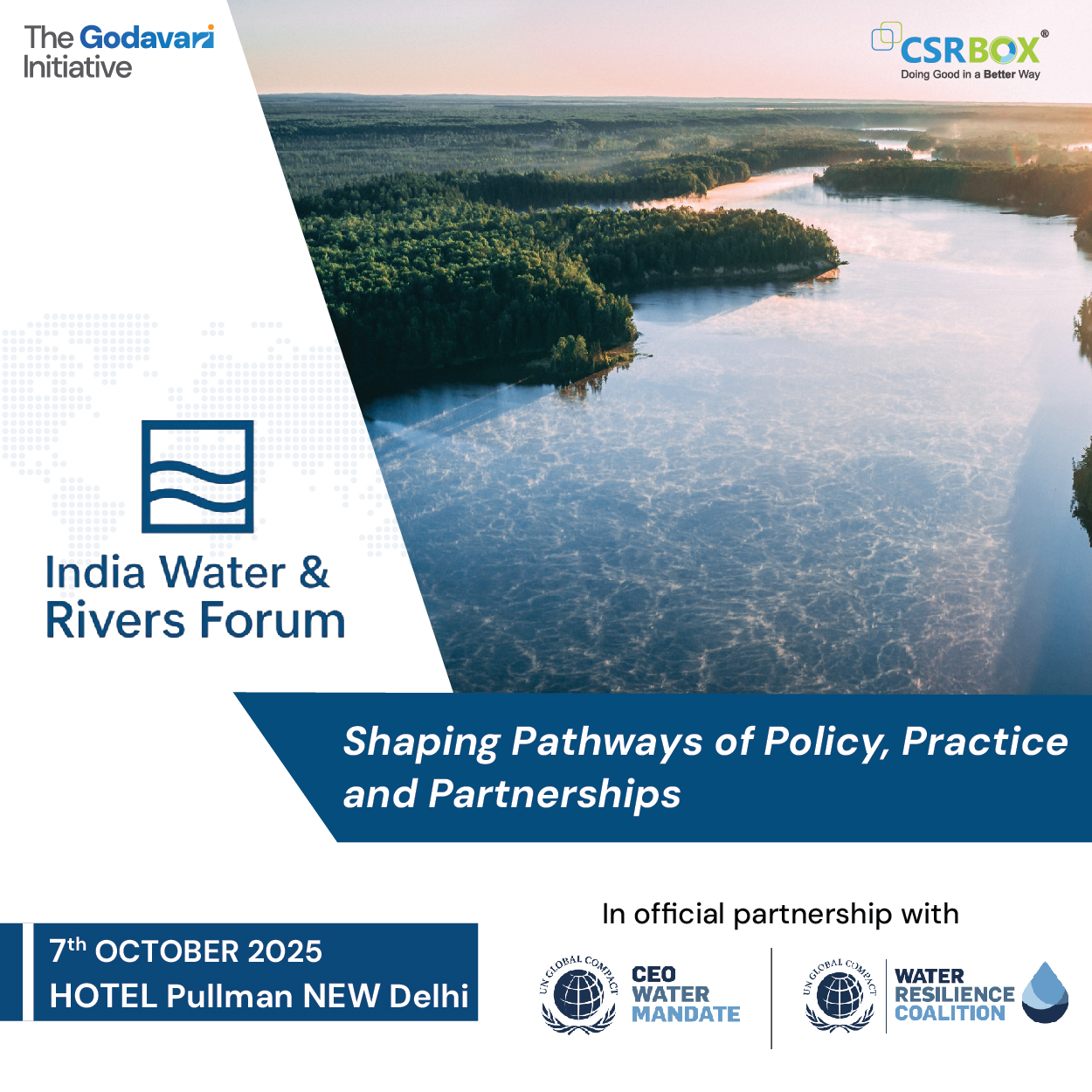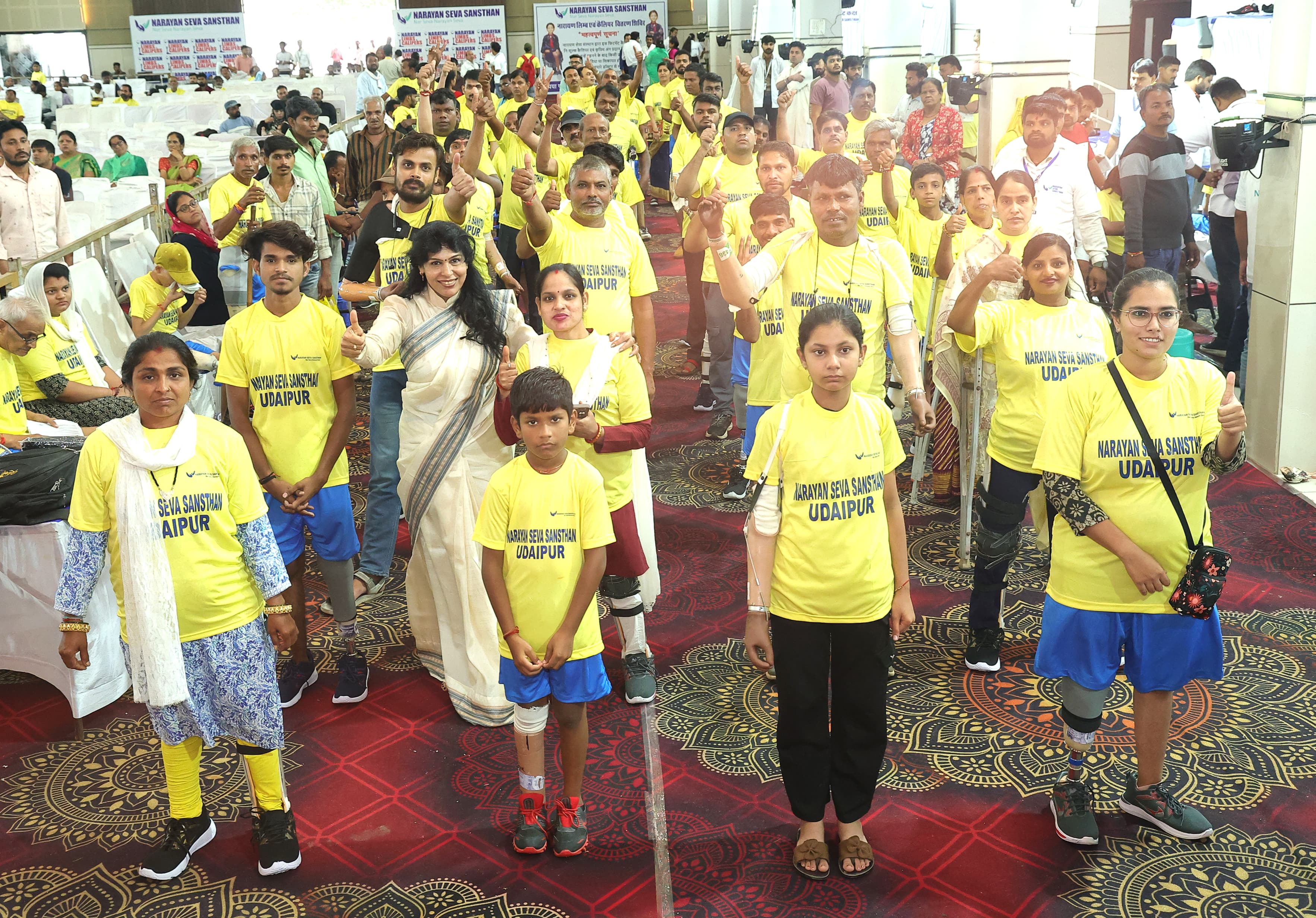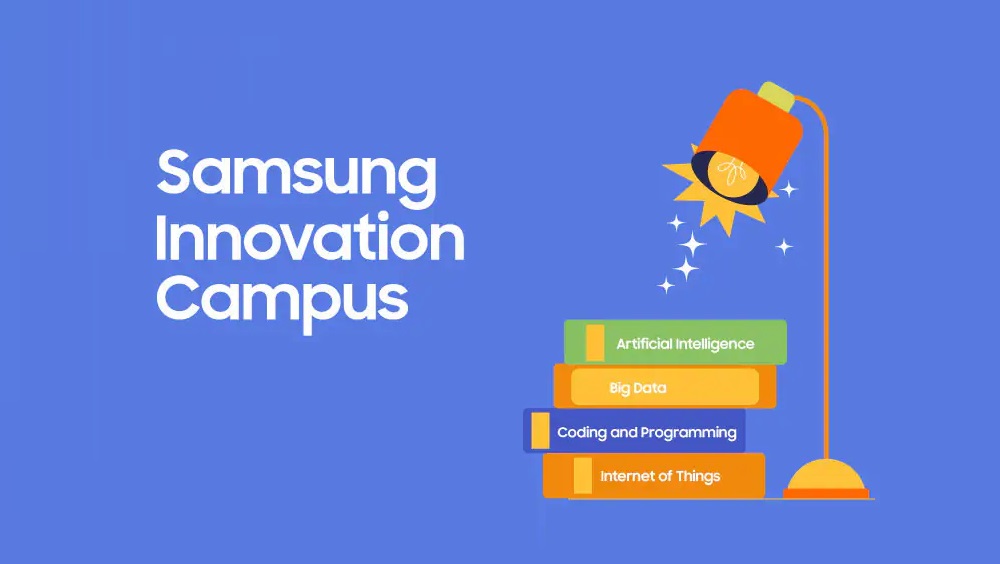Subscribe our Weekly Newsletter
RFP - Development of advocacy and communication tools / packages to address gendered disinformation and misinformation

Organization: UNFPA
Apply By: 11 Sep 2025
RFP - Development of advocacy and communication tools / packages to address gendered disinformation and misinformation and a push back to Comprehensive Sexuality Education and Gender Equality in EECA.
About the Organization
UNFPA, the United Nations Population Fund (UNFPA), is an international development agency that works to deliver a world where every pregnancy is wanted, every child birth is safe and every young person’s potential is fulfilled.
UNFPA is the lead UN agency that expands the possibilities for women and young people to lead healthy sexual and reproductive lives.
About the Proposal
Comprehensive Sexuality Education (CSE) and Gender Equality (GE) are foundational pillars for upholding human rights, advancing public health, and achieving sustainable development. CSE is a curriculum-based process that imparts knowledge about the cognitive, emotional, physical, and social dimensions of sexuality to young people. Its purpose is to empower young individuals with the necessary knowledge, skills, attitudes, and values to foster their health, well-being, and cultivate respectful relationships. The documented benefits of CSE are extensive, including a reduction in risky sexual behaviors, a delay in the initiation of sexual activity, decreased rates of sexually transmitted infections (STIs), including HIV, and a reduction in unintended pregnancies. Furthermore, CSE contributes to mitigating child abuse and increasing positive attitudes towards gender equality and equal gender relations. Similarly, gender equality is indispensable for development, and to address gender norms, roles and stereotypes, genderbased violence (GBV), harmful practices, and social and economic inequalities. At the same time, progress towards gender equality in the Eastern Europe and Central Asia (EECA) region remains slow and is being increasingly challenged by a pushback to gender equality and human rights. This pushback is also affecting the implementation of CSE initiatives, where the absence of comprehensive education and equitable frameworks perpetuate the challenges that CSE and GE initiatives are designed to resolve. For instance, CSE is consistently shown to have positive impacts on sexual and reproductive health and rights (SRHR), reducing rates of unintended pregnancy, HIV infection, and sexual violence among adolescents. However, the opposition to CSE directly impedes children and young people to access age-appropriate information and services. Likewise, resistance to gender equality policies slows or reverses progress, and issues like gender-based violence, harmful practices, and the discrimination against women and girls persist.
Purpose and objectives of the required services:
The purpose of this service is to research and analyze the pushback to CSE and gender equality in EECA, and based on the findings, develop advocacy and communication tools / packages to address gendered disinformation and misinformation and a push back to CSE and Gender Equality in EECA targeting identified actors and groups. The required services consists of two phases (interested service providers can submit their proposals either for one or for both phases):
Phase 1: Conduct Comprehensive Situational Research and Analysis:
- Desk review to analyze the effects of the pushback to GE and rights in the implementation of CSE in the region: Identify the main areas/issues of contestation, their drivers and narratives in the implementation of CSE policies and strategies; main narratives in used in to oppose CSE in policy discussions and CSE legal frameworks; changes in social norms and individual behaviours and believes that explains the pushback to CSE
- Deep Dive into Actor Networks: Commission in-depth research to map the precise networks of antiCSE/GE actors within EECA, including their funding, affiliations, and specific local manifestations.
- Analysis of Impact: Document the specific policy rollbacks, legislative barriers, and societal harms directly attributable to anti-gender and ani-CSE movements in EECA.
Specific Deliverables:
- Comprehensive Research Report: A detailed report (up to 30 pages) outlining actor mapping, funding analyses, alignments, and an in-depth contextual discourse analysis for at least 5 key EECA countries (specific countries tbi).
- Situational Analysis Briefs: Country-specific executive summaries for the identified countries (5-10 pages each) highlighting key opposition forces, narratives, and their manifested impacts.
Phase 2: Develop Targeted Advocacy and Communication tools/packages for Different Stakeholders and Audiences:
- Reframe the Narrative: Develop communication strategies that proactively reframe CSE and gender equality not as foreign impositions or ideologies, but as fundamental human rights and pragmatic solutions to pressing local public health, safety, and economic challenges (e.g., reducing HIV, unintended pregnancies, GBV, and improving economic participation).
- Debunking Myths with Local Relevance: Create culturally sensitive and age-appropriate messaging that directly debunks common myths, using locally relevant evidence. Identify main groups/trusted voices that could be used to share these messages.
- Tailored Communication Channels: Identify and propose the most effective communication channels and platforms for specific target audiences in EECA, recognizing varying media consumption habits (e.g., TikTok for youth, Instagram, Facebook and other platforms for certain communities, traditional media for others).
- Engage Unexpected Champions: Develop messaging and engagement strategies for non-traditional allies, including religious leaders, community elders, and influential public figures, to build broader support to CSE and gender equality.
Specific Deliverables:
- Regional Messaging Framework: A comprehensive framework detailing core narratives, key messages, and communication principles adaptable to diverse EECA contexts.
- Audience-Specific Communication Packages: Development of at least 4-5 distinct communication packages (e.g., for policymakers, parents, youth, religious leaders) including fact sheets, FAQs, social media toolkits, and sample advocacy materials.
- Debunking Myth Repository: A digital repository of evidence-based rebuttals to common CSE/GE myths, formatted for easy use by advocates.
- Champion Engagement Strategy: A documented strategy for identifying, engaging, and supporting nontraditional allies, including key messaging points and outreach plans.
Eligibility
The consultancy should be carried out by an organization/company/institution that has enough capacity to cover the breadth of work under the TOR. The applicant should have demonstrated experience in working on the issues of pushback (for example: SRHR, GE, CSE), including analytical research and developing advocacy and communication strategies/campaigns to address it. Experience of working in Europe or the EECA region is desirable.
How to Apply
Proposals should be prepared based on the guidelines set forth in Section V above, along with a properly filled out and signed price quotation form and are to be sent by email to the address indicated below no later than: Thursday, 11th September 2025, at 5:30 PM Istanbul Time.
For more information please check the Link
Join us for the 12th Edition of India CSR & ESG Summit 2025 | Register Now
Latest Online Store
Latest Grants
Latest News
© Renalysis Consultants Pvt Ltd

























.jpg)
